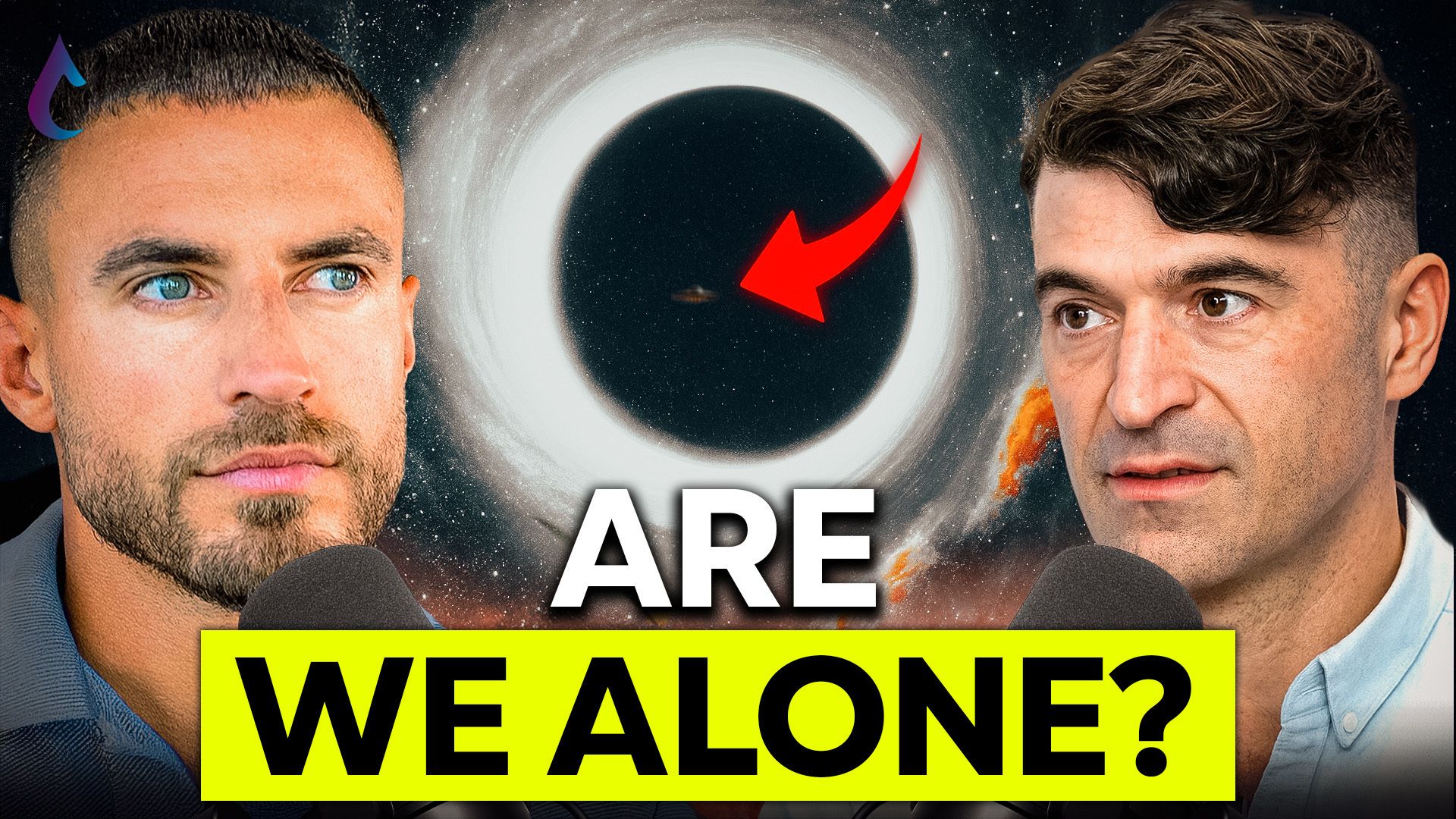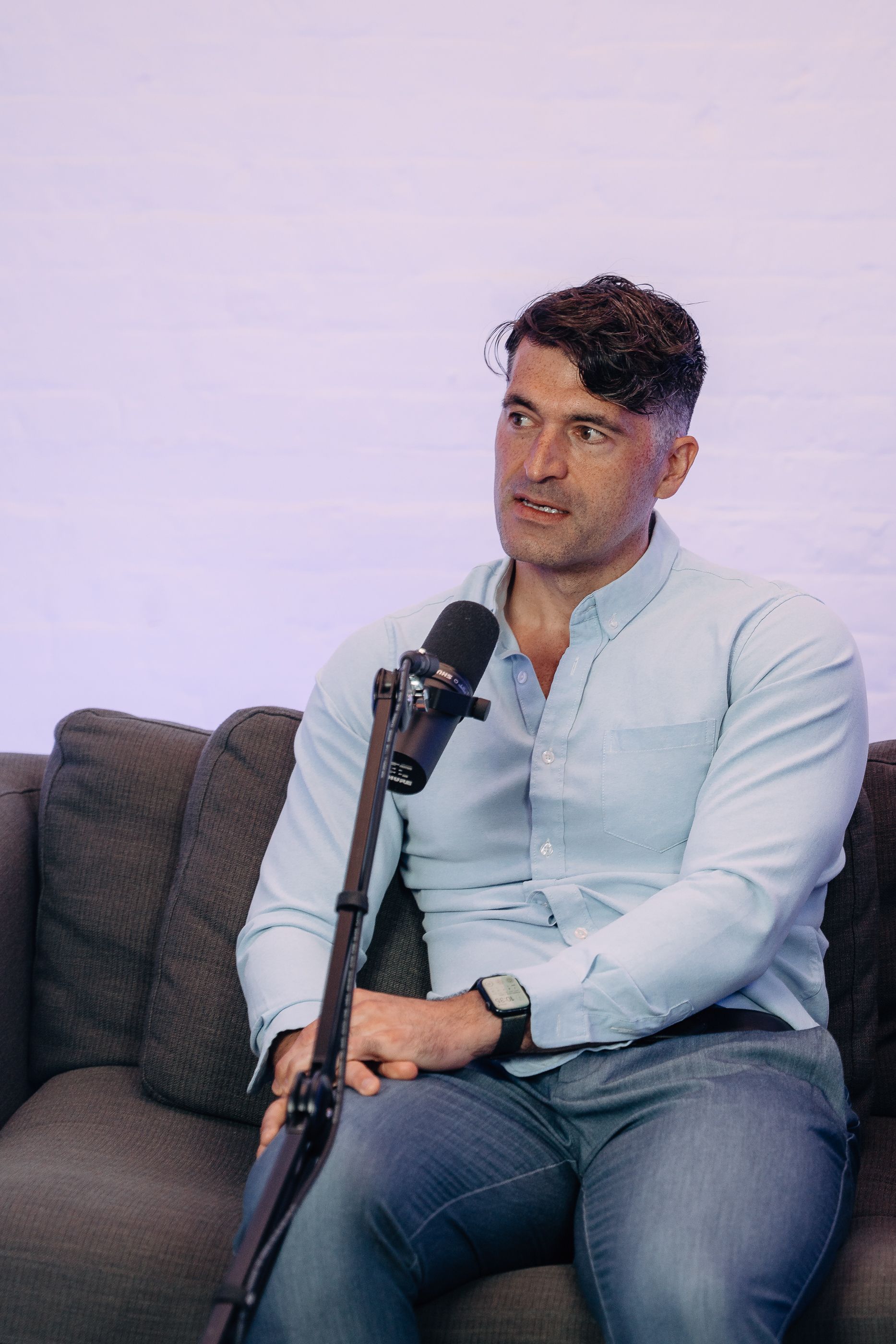- The THRST Letter
- Posts
- Humanity Might Only Have 100 Years Left (if we don't prepare for a crisis)
Humanity Might Only Have 100 Years Left (if we don't prepare for a crisis)
Do you think we’ll colonise the galaxy eventually?
Do you think humanity will make it that far?
Well, David Kipping ran the numbers, and the probability suggests otherwise.
He's a Columbia University Astronomer, who studies 5,000+ exoplanets and uses statistical methods (the same ones that predicted the fall of the Berlin Wall) to calculate how long humanity has left.
And what do those methods tell him? 100 billion more humans before we're done.
At current population rates, that's about a century.
→ WATCH THE FULL EPISODE HERE:
THE TIMELINE IS SHORTER THAN YOU THINK?
THE PRINCIPLE OF MEDIOCRITY
The doomsday argument works like this:
You're probably not special in the timeline of all humans who will ever live.
About 100 billion humans have lived so far. You're likely somewhere in the middle, not at the very beginning or very end.
If humanity spreads across the galaxy, there would be trillions upon trillions of future humans, making you exceptionally early in history.
But the math makes galactic spread happening now unlikely.
David admits this bothers him, because he'd love humanity to become that galactic empire, but it would mean he's living at a very unusual time.
→ Consider what it means if we need to become multi-planetary within decades, not centuries.
→ Ask yourself what you'd prioritise differently if the timeline was actually this short.
COMPETITION DRIVES US FORWARD AND MIGHT KILL US
Much like in the gym; David argues that any technological species probably needs competition to advance.
But that same competitive drive creates tribalism, polarisation, and conflict.
The trait that makes us innovative might be the same one that destroys us.
David’s point is that it’s important to keep in mind that:
Recognise that humans aren't wired for global cooperation by default, nor for global competition.
Consider whether the "great filter" that stops civilisations is ahead of us, not behind us.
Support initiatives that reduce existential risks whilst we still can.
If Mars colonisation is harder than Antarctica, and you wouldn't spend your life in Antarctica - we need a better plan than hoping billionaires solve this.
WHAT IS THE BIGGEST THREAT TO US?
Most people worry about asteroids. David worries about comets.
We've catalogued 90% of near-earth asteroids and know their trajectories decades in advance. Comets come from the outer solar system with only days or weeks of warning.
A 100-metre comet destroys a city. A 10-kilometre comet causes extinction.
But David still thinks self-inflicted threats are worse:
Nuclear weapons,
Engineered viruses,
AI misalignment,
Social media tearing society apart.
David points out that even a civilisation-ending event probably wouldn't eliminate humanity entirely.
We're spread across the planet, have seed vaults, preppers, underground bunkers, even humans in space.
Society might collapse back to primitive levels, but the biological species would likely survive and rebuild.
We can never be truly sure of what’s in store for us as a species.
Nor can we be certain about the doomsday argument. David admits there might be flaws in the logic.
But the statistical pattern is real and it's unsettling.
Most people aren't even thinking about these timelines whilst the clock keeps ticking.
→ Follow me on Instagram
→ Subscribe to the First Things THRST for weekly episodes!
→ Check out THRST app to transform your physique in 30 days.
→ Learn how to become a creator and make money online with my playbook.
→ Join Whoop and get your first month for free!


